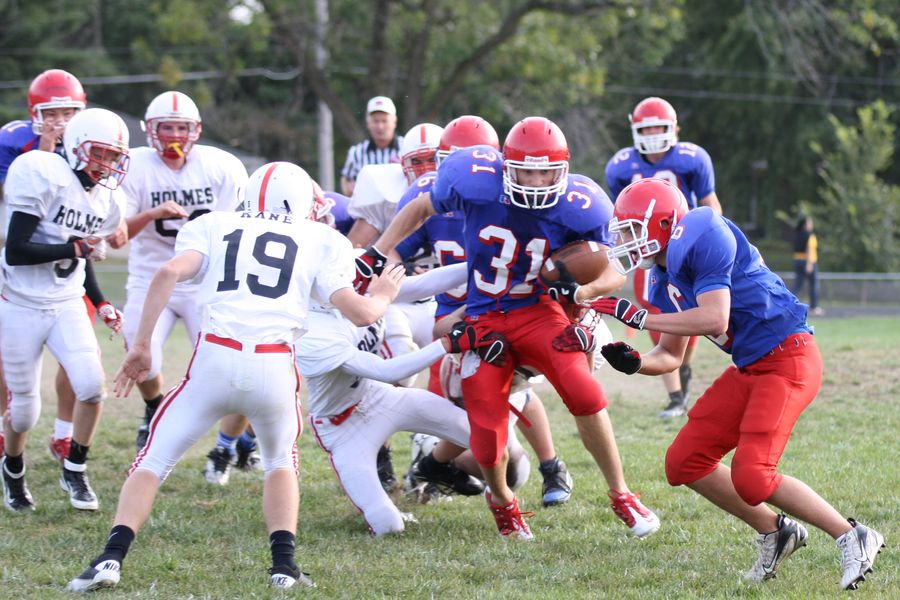This past April, National Public Radio (NPR) announced that it would cease posting on Twitter from its 52 accounts amidst recent controversy surrounding the social media platform labeling the nonprofit organization as “government-funded media.”
For those unfamiliar with the issue regarding that label, NPR is a private, nonprofit company with editorial independence, and less than 1% of its annual budget comes from the federal funded Corporation for Public Broadcasting.
Originally, Twitter labeled NPR as “state-affiliated media,” which connotes the idea that the nonprofit publishes government propaganda. This same term is used for outlets in autocratic countries such as Russia and China.
We first, and have continuously, discussed NPR’s drastic departure from Twitter during a class period. A lot of us weren’t previously aware of the issue, nor did we truly understand the severities of this misleading label. Since then, our editorial board has thought a lot about the issue regarding Twitter’s classification of NPR, and, consequently, our own presence on the platform.
In the past, Twitter has been an extremely reliable platform for news outlets, such as NPR, to spread their content and share news with millions of people across the globe. Musk’s decision to misrepresent NPR, and other publications, minimizes this once valuable aspect.
Labeling NPR — or similar publications — as “state-affiliated media” or “government-funded media” puts journalists working overseas in danger of being accused of espionage. This not only puts their physical and mental health at stake but diminishes the public’s perception of the credibility of the publication.
According to an article written by NPR and their Chief Executive John Lansing, by leaving Twitter, “The network is protecting its credibility and its ability to produce journalism without a shadow of negativity.”
As student journalists, we understand the importance of engaging fellow reporters and readers through the use of social media platforms such as Instagram, Facebook and Twitter. We’ve dedicated numerous hours to perfecting our posting format and guidelines, and we take pride in the fact that we are able to reach so many people through our use of such technology.
However, with Twitter’s incorrect categorization of NPR, we’ve since ceased dedicating the time and effort into posting or connecting with readers via the platform; however, we’ve maintained the account’s history. There have been other controversies surrounding Musks managing of Twitter, such as accounts having to continuously pay for verification, that has left us debating the future of our presence on the site.
If a well-known and very credible site such as NPR can be seemingly discredited and disrespected in such a major way, what makes us think that our student-led publication is safe?
Who’s to say that other student-led publications across the country are safe?
It’s not just the mislabeling of publications that has us debating our presence on Twitter, but the effects this will have on the public’s relationship with journalists and student journalists such as ourselves.
This ties into the idea of the “attack” on journalism and the “fake news” rhetoric that has become even more prominent since the presidency of Donald Trump. Since then, attacks on publications, and journalists, have skyrocketed. According to the Columbia Journalism Review, in 2021, “[they] documented 142 assaults of journalists.” And, just last year, journalist Jeff German was targeted and murdered.
The Oracle understands the severity of accurately portraying journalists and publications — sometimes this can be an issue of life or death. While we’re still debating whether we will continue to have a presence on Twitter, we know one thing: Musk’s incessant misrepresentation of NPR and other publications such as PBS, who also left the platform, further fuels the divide between the public and journalists.
This story was originally published on The Oracle on May 14, 2023.















